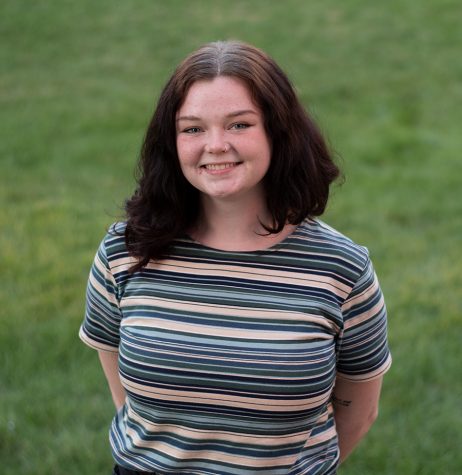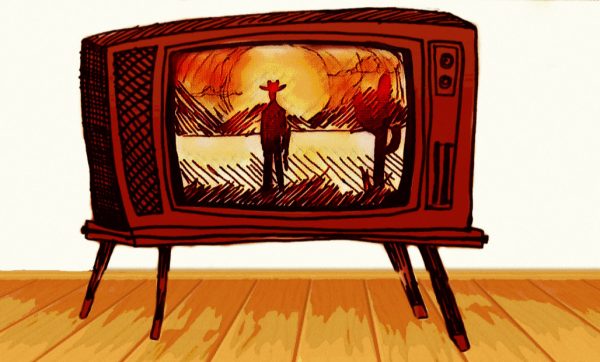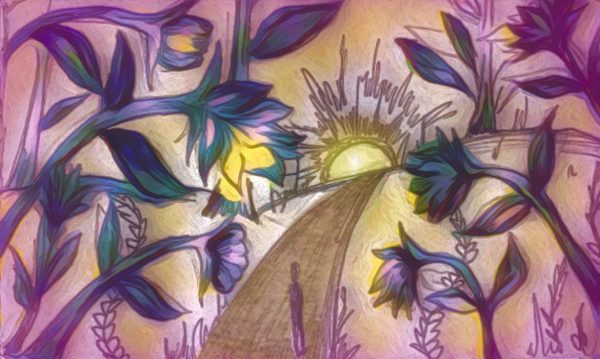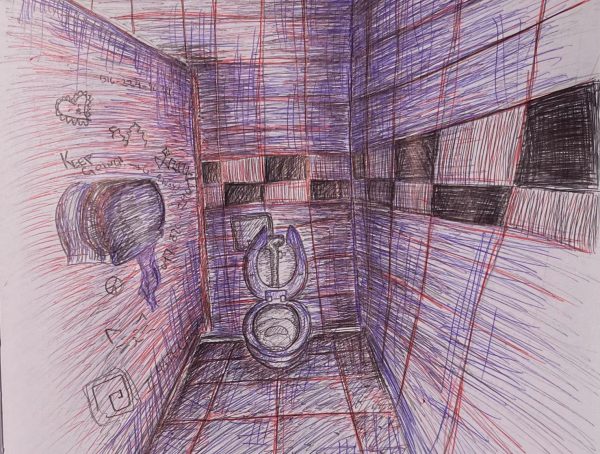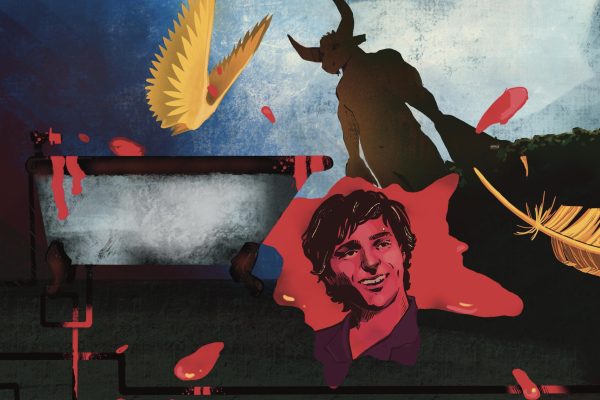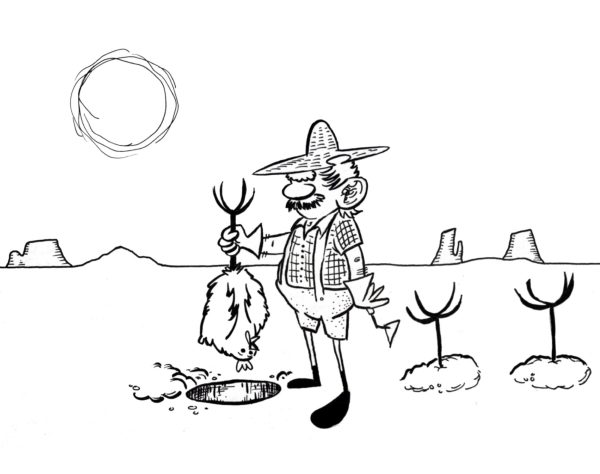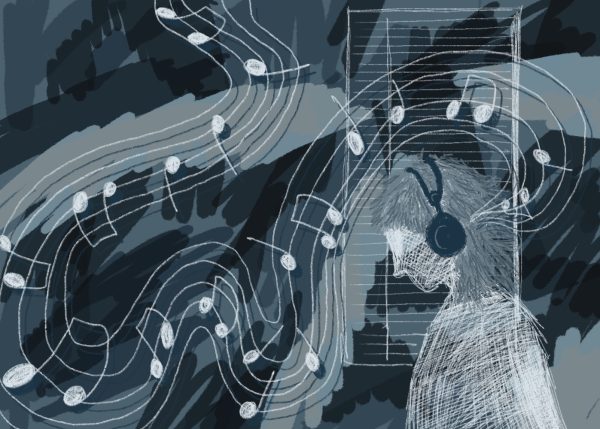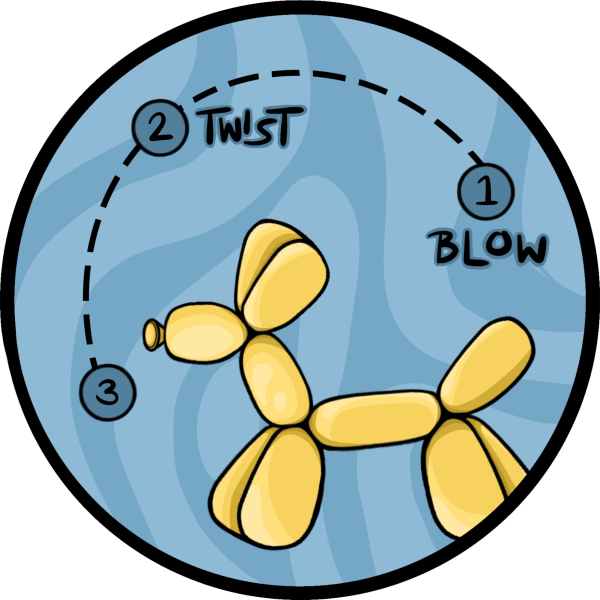Poet explores migraines, childhood
March 7, 2018
Migraines entail nausea, auras and sensitivity to light, sound and scent.
Poet Michael Dickman’s most recent publication, “Green Migraine,” derives from the images brought on by symptoms of migraines. Dickman was invited to the Fleming Museum Painted Word Poetry series Feb. 28, where he read some of his poems to a full audience.
UVM English professor and poet Didi Jackson introduced Dickman to the crowd.
“Like paintings by the surrealist artist Salvador Dali, Michael’s poems play with fragmentations of fantasy not brought on by dreams, as in the case of Dali and other surrealist artists, but from the symptoms of migraines,” Jackson said.
Dickman grew up in Portland, Oregon and was introduced to poetry by “The Captain’s Verses” by the “slightly complicated Chilean poet” Pablo Neruda, he said.
Dickman was reading the book simply to impress an older girl, but by the end of the poems he was crying, he said.
“The neighborhood I grew up in was a rough neighborhood and the men I knew were assholes,” Dickman said. “I didn’t know you could express yourself like that, so I wanted to do that. I kept wanting to do that.”
Major Jackson, UVM English professor and Painted Word organizer, has known Michael Dickman and his twin Matthew Dickman, also a writer, for over two decades, he said.
“His latest work finds him embracing his identity as a father, and you can hear the love and affection he has for his family but also that within the larger context of the natural world,” Major Jackson said.
The book “Green Migraine” contains 19 original poems by Dickman, most of which he read at the event. The book cover is colorful and reflective — the reader can literally see their face against the stripes of subdued greens, purples and blues.
His style is descriptive yet simplistic. He leaves most of the page blank with little more than ten or fifteen words per line. Dickman described his style as “anemic and stripped down.”
The use of white space and lack of punctuation are intentional. Dickman hopes readers will see the white space as punctuation in hopes that the poems sound in the reader’s mind the way the poems sound in his own mind, he said.
As Dickman performed some of his more well-known poems, such as “Dog Vertigo,” “Yellow Migraine” and “Lullaby,” some audience members closed their eyes.
Dickman’s work is completely relatable, especially the descriptions of migraines, junior Henry Motto said.
“Using the white space as punctuation really adds to the effects of having migraines and not knowing what to do at the time,” Motto said.
Toward the end of the event, Dickman spoke about his fear of dead language. He described the challenge of keeping words fresh and alive, while still finding the joy in creating a new way to describe the world.
“Music that’s left over and hangs on everything sounds like it could use some more gasoline,” reads one of the lines in “A Cloudless Sky” from “Green Migraine.”
Major Jackson wasn’t surprised to hear that Dickman is afraid of dead language. In fact, Jackson said that to be conscious of when words go out of style is a writer’s “unstated job descriptions.”
Dickman has three other published works including one co-written with his brother called “50 American Plays.” Dickman currently works as a lecturer of creative writing at Princeton University.


